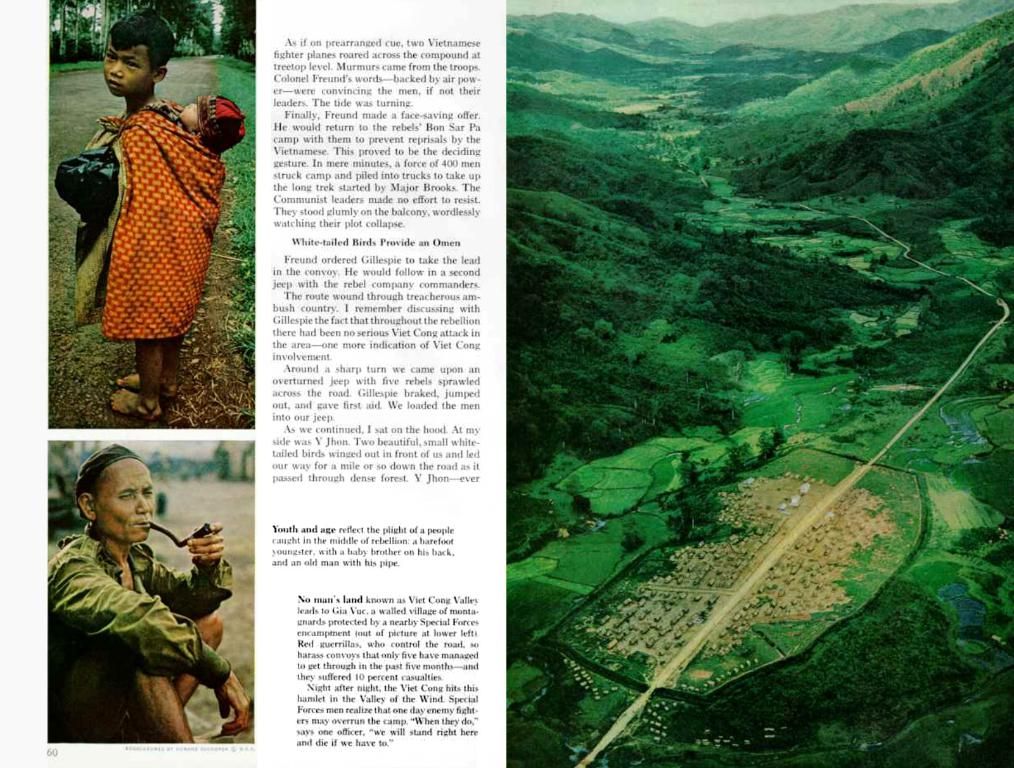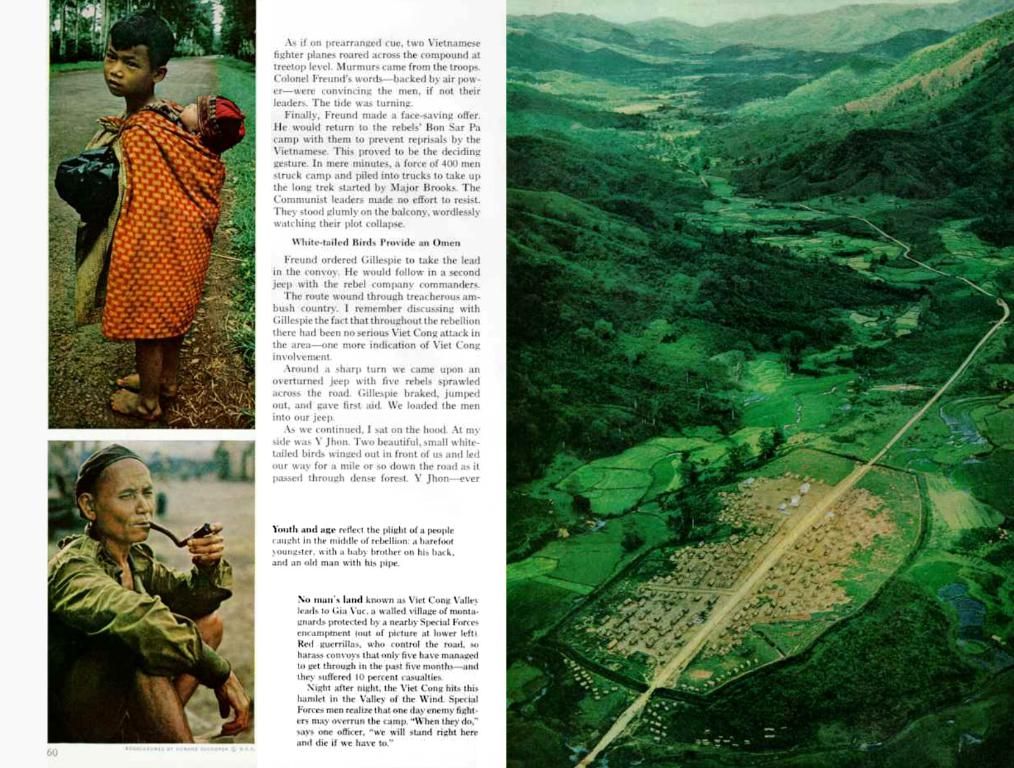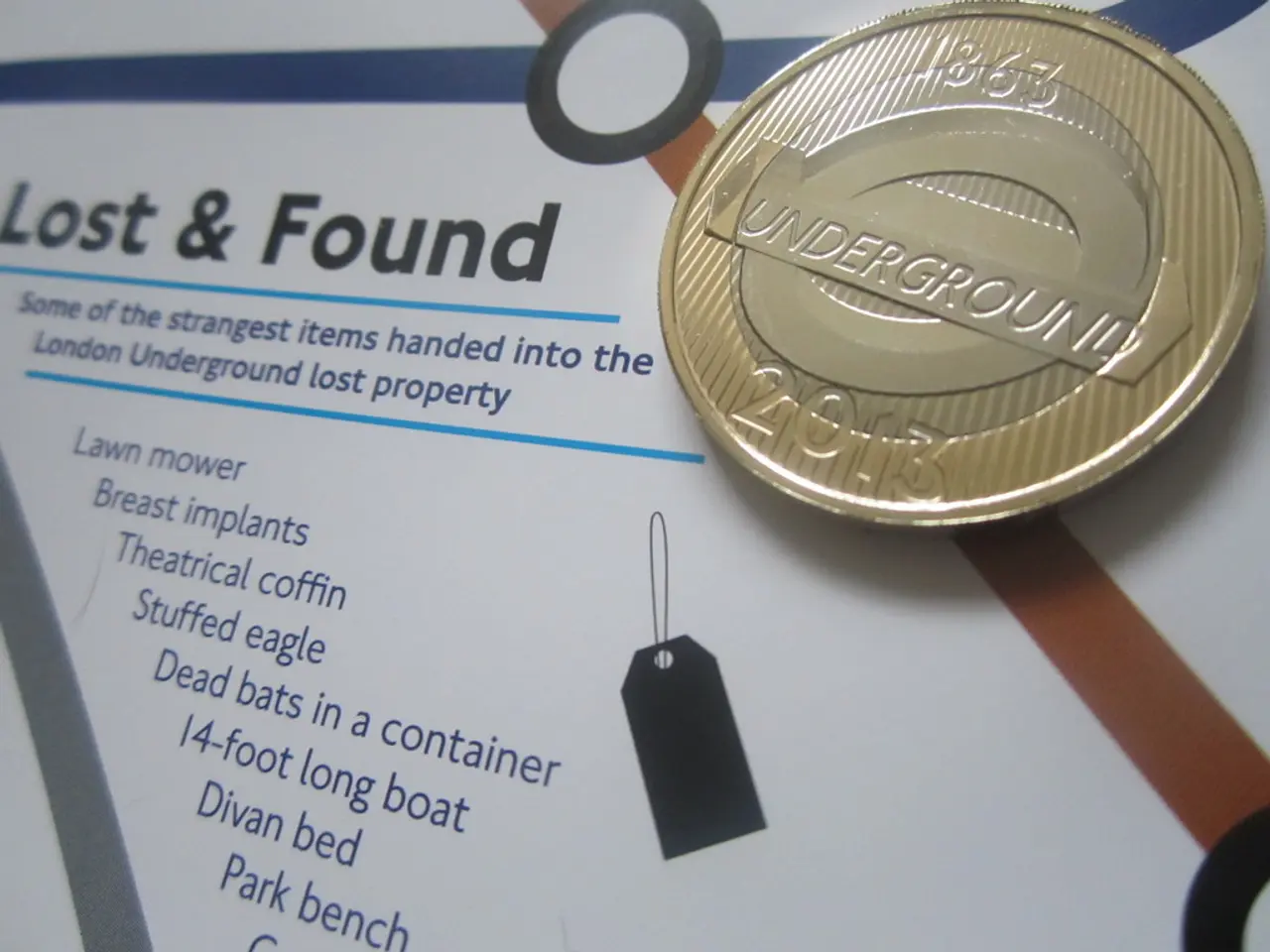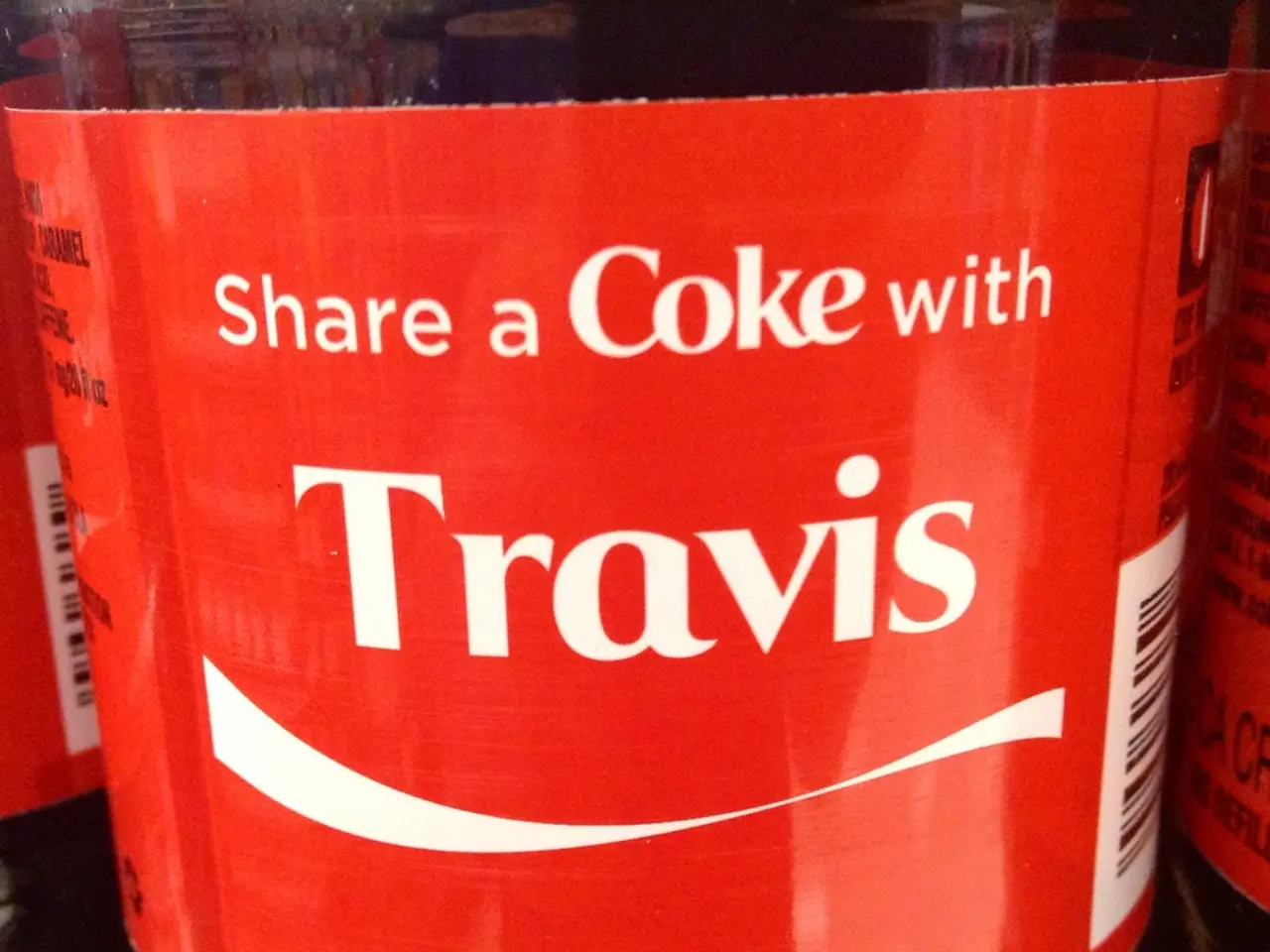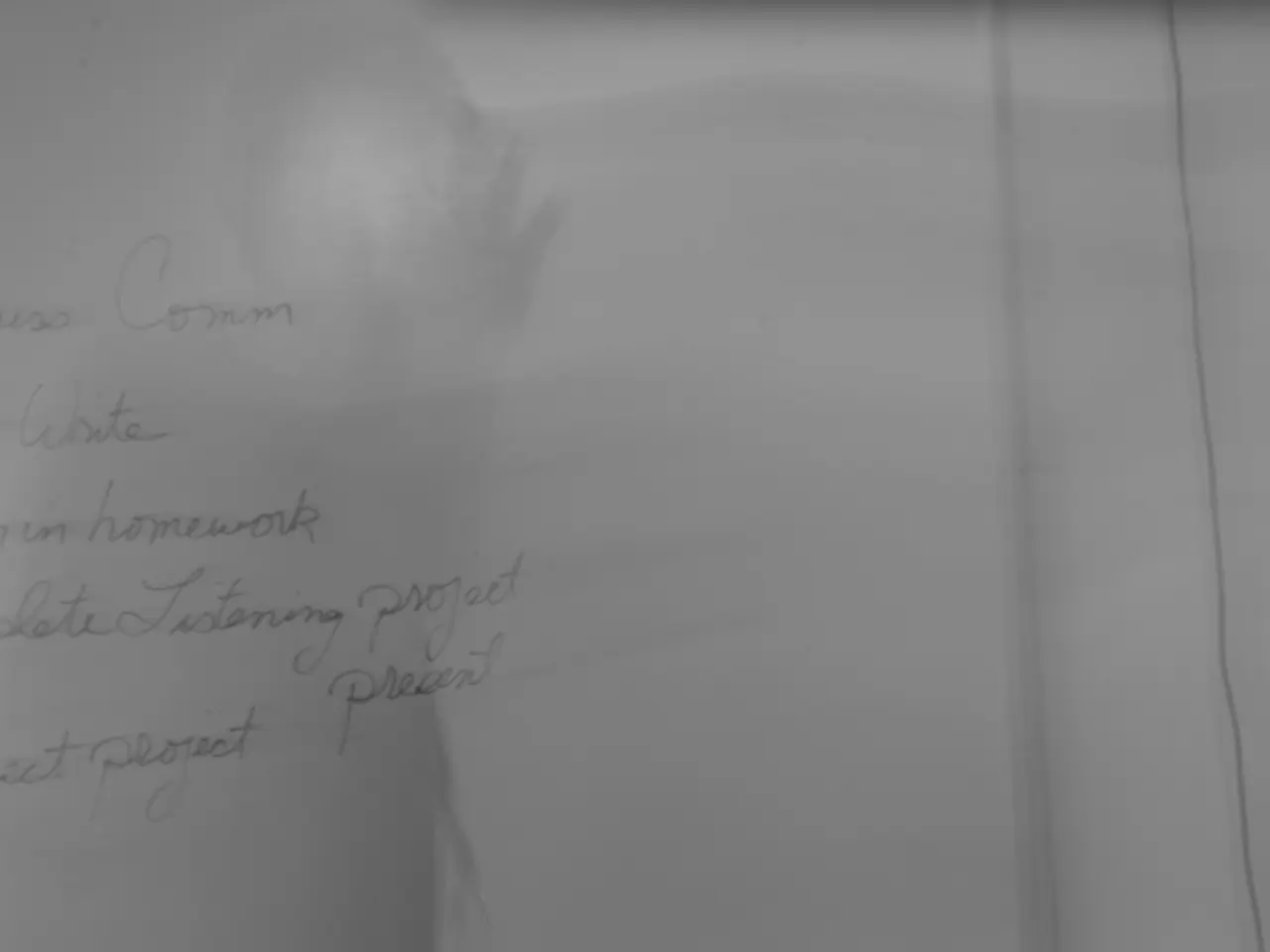Keeping Economies Thriving: A Warning on Strict Border Controls for Trade
Stricter border controls may bring undesirable consequences for trade associations, according to their warnings. - Trade organizations issue alerts about potential setbacks due to tighter import/export regulations
Jumping straight into it, let's talk about the potential pitfalls of beefing up border controls for trade, as discussed by our buddies at the German Chamber of Industry and Commerce (DIHK).
First off, tighter borders could spell trouble for interconnected economies. The free-flowing exchange of goods and services is crucial to industries like border gastronomy, local retail, and the care sector. You see, these industries survive on the freedom of movement, and restrictions may make 'em shake like a freight truck traversing a rocky mountain pass[1][3].
Next up on our list is the average Joe (or Josefa) who crosses borders on a daily basis for work or service-related tasks. Stricter controls could mean longer wait times, extra costs, and pounds of stress for these movers and shakers[1][3]. Now, I'm not an economist, but the goodtimes that come with a buck saved or earned can vanish quicker than a slice of Schwarzwälder Kirschtorte in Grandma's kitchen during Oktoberfest.
Look back to history, like the doozy that was the COVID-19 crisis, and you'll see how restricted border traffic can take a toll on the economy. Even in times of economic hardship, adding an additional burden can be more than just a minor hiccup[1].
However, it's not all doom and gloom. DIHK's point man for foreign trade, Volker Treier, did emphasize that in the grand scheme of things, controlling irregular migration must be balanced with ensuring seamless flows of important supplies and commerce[1].
But heyyy, not all is lost! The DIHK's foreign trade president, Dirk Jandura, suggested that any limitations should only be temporary. We'll have to ride the wave while it crashes, but remember, you get scars from falling off the bike, not from riding it[3].
Lastly, the logistics industry, guardians of the supply chain, are urging close collaborations with the interior and transport ministries. Should the proverbial you-know-what hit the fan, "Green Lanes" for goods traffic could be established to keep commerce flowing like a river in springtime[3].
Now, let me tell you, when border controls are getting beefed up, it's the CSU and Alexander Dobrindt leading the charge[3]. They're calling for "intensified controls" and increased rejections, and the ambitious goal of bringing down the numbers of those crossing borders illegally[3]. But, top dogs like Chancellor's Office Chief Thorsten Frei have stepped up to reassure that although controls are tightening, they won't bring a permanent end to the Schengen Agreement or restrict freedom of movement in the EU[3].
Heads up, folks! In times of change, it's important to keep communication open, understand the impacts, and ride the wave together. Now, if you fancy more details on any of this, I got your back!
- DIHK (Deutscher Industrie- und Handelskammertag)
- Border control
- Business association
- Volker Treier
- Alexander Dobrindt
- CSU (Christian Social Union)
- Economic Impact
- Cross-border Commerce
- Irregular immigration
- Schengen Agreement
[1] Enrichment Data: DIHK warns of potential disruptions in cross-border trade and negative impacts on commuters.[3] Enrichment Data: The logistics industry is calling for close cooperation with relevant ministries to address potential problems caused by increased border controls and the establishment of "Green Lanes."
- Tighter border controls for trade, as discussed by the German Chamber of Industry and Commerce (DIHK), could pose significant challenges to various industries that rely on free movement, such as border gastronomy, local retail, care sector, and other interconnected economies.
- Stricter border checks could lead to longer wait times, extra costs, and increased stress for the average worker or service provider who regularly crosses international borders for employment or service-related tasks.
- A historical precedent of the economic impact of restricted border traffic can be seen in the COVID-19 crisis, where such restrictions took a toll on the economy, even amid economic hardship.
- DIHK's point man for foreign trade, Volker Treier, emphasized the need to balance controlling irregular migration with ensuring seamless flows of essential supplies and commerce.
- The logistics industry emphasizes close collaborations with the interior and transport ministries should there be increased border controls, advocating for Green Lanes to be established to maintain the flow of commerce, as they can play a significant role in ensuring smooth operation of the supply chain.

